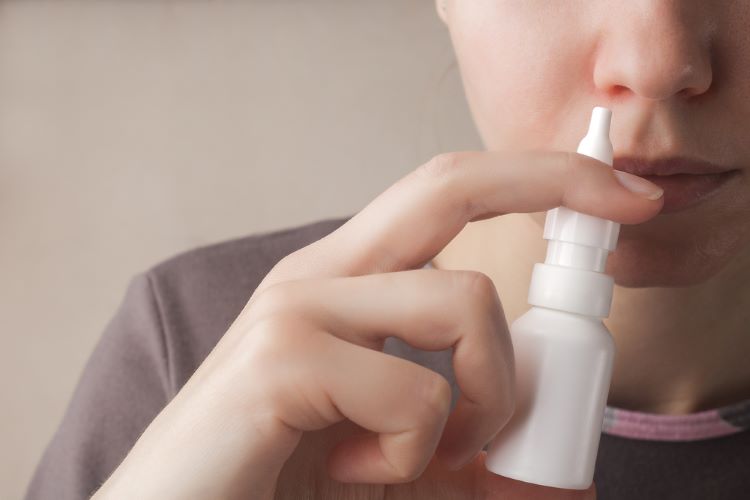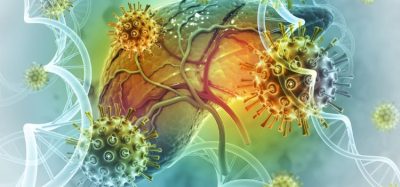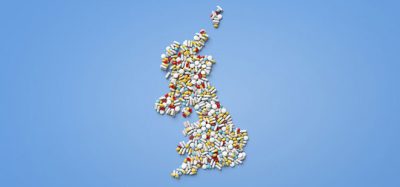Nasal spray for depression shows long-term efficacy
SPRAVATO® achieved significant long-term response rates in treatment-resistant depression, compared to quetiapine extended release, Janssen’s Phase IIIb study has shown.
Adults with treatment-resistant major depressive disorder (TRD) treated with SPRAVATO®▼ (esketamine nasal spray [NS]) achieved significantly higher remission rates compared to those given quetiapine extended-release (XR), long-term Phase III study data has shown.
The results from Janssen’s ESCAPE-TRD Phase IIIb trial presented at the European Congress of Psychiatry (EPA) 2023 indicated that esketamine NS achieved significantly higher remission rates from Week 6 and response rates as early as Day 15 in the study. This was achieved when the nasally-delivered treatment was used in combination with a continuing selective serotonin reuptake inhibitor (SSRI) or serotonin and norepinephrine reuptake inhibitor (SNRI).
What is esketamine nasal spray?
Esketamine NS is an N-methyl-D-aspartate (NMDA) glutamate receptor antagonist. Glutamate is the primary excitatory neurotransmitter in the brain. According to Janssen, the single-use nasal spray device has a different mechanism of action and method of delivery compared to other approved depression treatments.
Results from the Phase III trial
Significant data presented at EPA 2023 included:
- At Week 32, 55 percent of patients in the esketamine NS arm achieved remission compared to 37 percent in the quetiapine XR arm
- Notably, the absolute response rate at Week 8 in the esketamine NS arm was 55.4 percent versus 39.1 percent for quetiapine XR. This rose to 75.5 percent versus 55.5 percent respectively at Week 32.
Today marks another major milestone in the treatment of treatment-resistant major depressive disorder… the data [shows] that esketamine nasal spray may help a greater proportion of [patients] achieve response and remission over the long-term”
“Today marks another major milestone in the treatment of treatment-resistant major depressive disorder. With a third of people with MDD not responding to treatment, the data [shows] that esketamine nasal spray may help a greater proportion of [patients] achieve response and remission over the long-term, compared to quetiapine extended-release,” stated Dr Tamara Werner-Kiechle, EMEA Therapeutic Area Lead, Neuroscience and Pulmonary Hypertension, Janssen-Cilag GmbH, part of the Janssen Pharmaceutical Companies of Johnson & Johnson.
Dr Werner-Kiechle added that these results, in addition to top line data presented at the German Association for Psychiatry, Psychotherapy and Psychosomatics (DGPPN) Congress last year, “show the potential of esketamine nasal spray in ending repeated treatments failures in a population that is often difficult to treat.”
▼ This medicinal product is subject to additional monitoring










